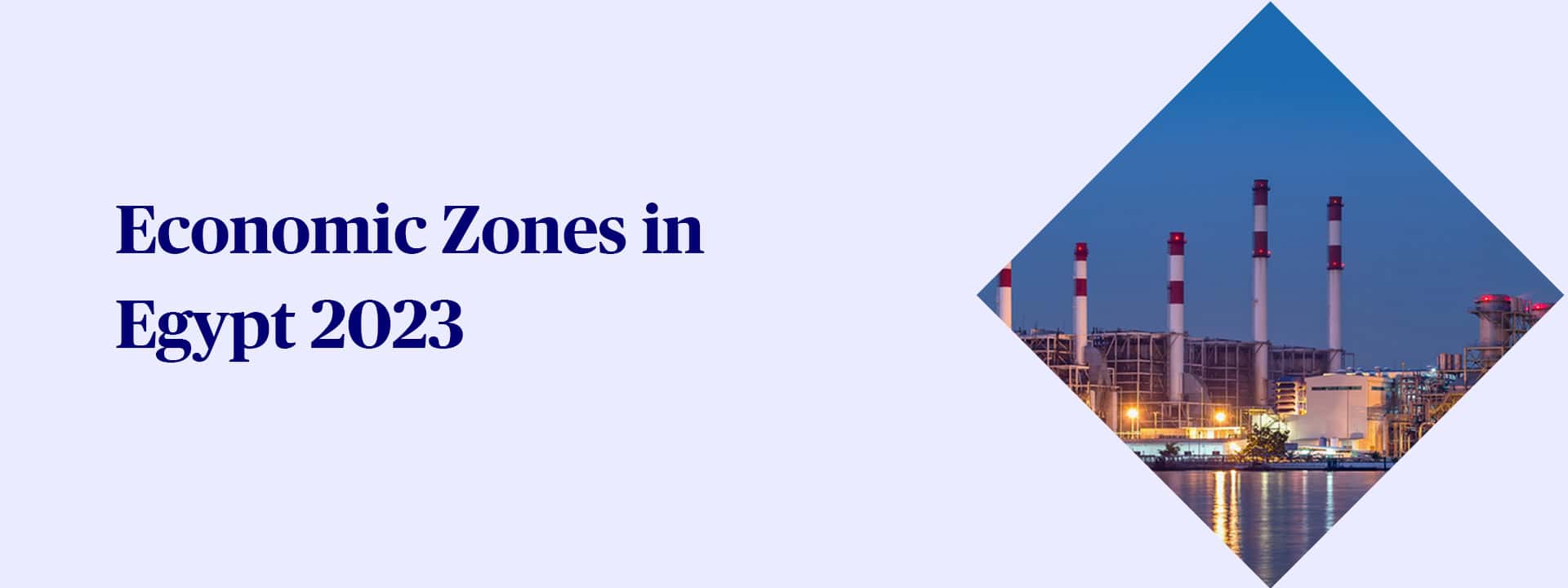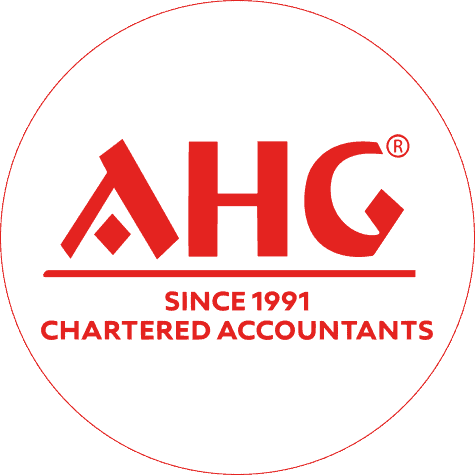Special economic zones:
A region of land with a unique law and a body in charge of enforcing it is referred to as an economic zone of a special nature. It has a separate budget and is not bound by national rules governing public institutions. Its creation aims to consolidate decision-making authority over all issues about employment in this zone, including compensation and financial rewards. Away from the bureaucracy of the state’s administrative apparatus, it also unifies the power for obtaining licenses and approvals.
The special economic zone aims to create integrated industrial economic segments, localize industries and activities with high demand, encourage major international investment entities to invest in the area, and transform the area into a focal point in the global supply chains. It also opens the market to more than 25 maritime activities, which attracts foreign firms providing marine services and the availability of high-quality goods and services.

Economic Zones in Egypt:
Egypt has two economic zones of a special nature, namely the Suez Canal Economic Zone and the Golden Triangle Economic Zone. Where they cover several areas, which are Ain Sokhna with Ain Sokhna port, East Port Said with East Port Said port, Quseir, Safaga, Qena, and Qeft.
Economic Zone Law:
In May 2002, the Egyptian Parliament approved the Special Economic Zones Law No. 83 of 2002, which provides for the establishment of special zones for industrial, agricultural and service activities that are primarily concerned with export markets.
The law allows companies operating in these zones to import capital equipment, raw materials, Intermediate goods are exempt from customs duties, and companies established in the new regions are also subject to low corporate taxes, sales taxes and excise taxes, and these companies will operate under more flexible labor procedures and enjoy another set of incentives. The executive regulations of the law were issued in September 2002, and one special economic zone is currently operating in the northwest Gulf of Suez region, and it is administered by the General Authority for the Northwest Gulf of Suez Special Economic Zone.
The system of the Economic Zones in Egypt:
The system of special economic zones includes incentives and guarantees, including a unified tariff for taxes on personal income estimated at 5%, for companies established in 2015, and is characterized by integrated customs administration, tax administration, investor dispute resolution unit, project licensing center, in addition to public services for investors, and projects established within the economic zones benefit from a tax rate of up to 10% on all activities within the zone, with regard to companies established in 2015, and Egyptian certificates of origin for working exporters. In the region, it allows them to exploit international trade agreements signed with Egypt and access several foreign markets, and investors in special economic zones enjoy flexible administrative and labor systems.

